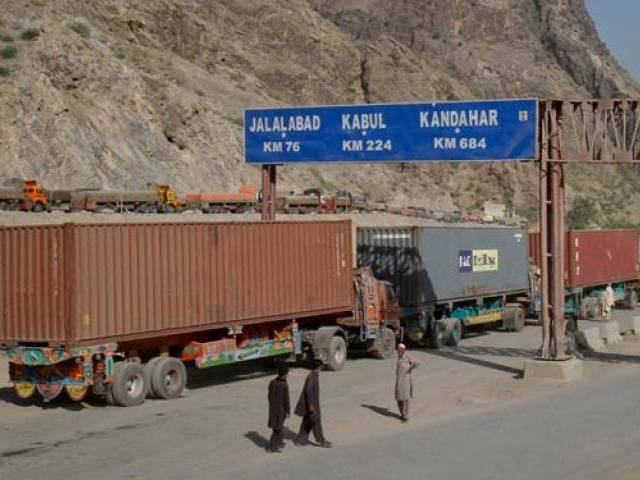Trade relations between Pakistan and Afghanistan have seen significant growth, with bilateral goods trade rising by 27% to $1.575 billion during the first nine months (July-March) of the current fiscal year 2024-25, according to the latest data from Customs.
A major factor driving this increase has been a 33% rise in Pakistan’s exports to Afghanistan, which totaled $1.05 billion, indicating growing demand for Pakistani products across the border.
Afghanistan has also stepped up its exports to Pakistan, with a 16% increase, bringing its total exports to $524 million. These mainly include products such as cotton, spices, and cereals, which are now being more readily absorbed into Pakistani markets.
However, despite the positive figures in bilateral trade, Afghanistan’s transit trade through Pakistan has faced a sharp decline of 84% since Pakistan’s implementation of an anti-smuggling crackdown. The total value of transit trade fell from $7.48 billion last year to just $1.2 billion in the November 2023–November 2024 period.
In the first nine months of fiscal year 2024-25, the drop was 64%, with transit trade value falling to $836 million from $2.33 billion in the same period last year. Imports into Afghanistan, or forward cargo, declined by 64%, while Afghan exports through Pakistan, or reverse cargo, decreased by 46%.
Pakistan’s exports to Afghanistan have shown a significant shift, with sugar leading the charge. Exports of sugar soared by 4,333%, reaching $262.8 million compared to just $5.9 million last year. Other notable increases were seen in pharmaceuticals, cement, edible oils, and aluminum goods. Agriculture and food exports rose 43% to $690 million, while manufacturing and engineering goods grew by 18% to $353 million. However, textile and apparel exports fell by 19%, and rice exports dropped by 25%.
On the import side, Pakistan’s cotton imports from Afghanistan more than doubled to $167 million, while spice shipments grew nearly fivefold to $21.2 million. However, imports of coal, fruits, and nuts saw declines, and LPG imports have fallen to zero.
Experts suggest that the decline in transit trade could lead Afghanistan to seek alternative trade routes, including through Iran and Central Asia, which could erode Pakistan’s strategic importance as a trade conduit. Despite this, the rise in official trade figures reflects a resilient and mutually dependent commercial relationship.























